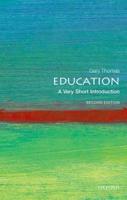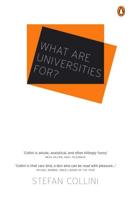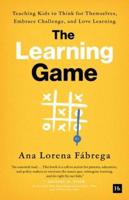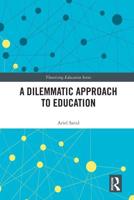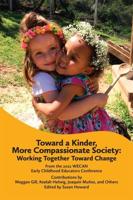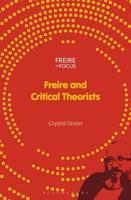Publisher's Synopsis
In this work, Antonia Darder draws upon the writings of Brazilian philosopher Paulo Freire and American theorist Henry Giroux to provide a detailed look at the education of subordinate cultural groups in the United States, and the impact of dominant cultural forces on the lives of students from disenfranchised communities. Darder confronts the cultural values and practices that serve to marginalize black, Latino, Asian, and other bicultural students, and offers a set of theoretical principles from which to develop a critical practice of bicultural education.
By expanding the dialogue with respect to bicultural education, Darder provides classroom teachers with a critical theoretical perspective by which they can evaluate their current practices with bicultural students. The book introduces the principles of a culturally democratic vision of schooling that both challenges the pluralistic notions of multicultural approaches, and also represents something of a political project, dedicated to securing the societal participation of communities and groups that historically have been excluded from the mainstream of American life. The work concludes with a practical study of bicultural education. This unique work will be an important resource for teachers, education students, and educational researchers, as well as a valuable addition to college and university libraries.



